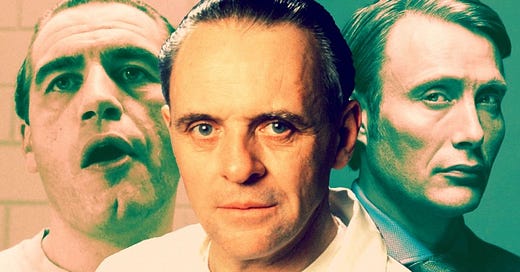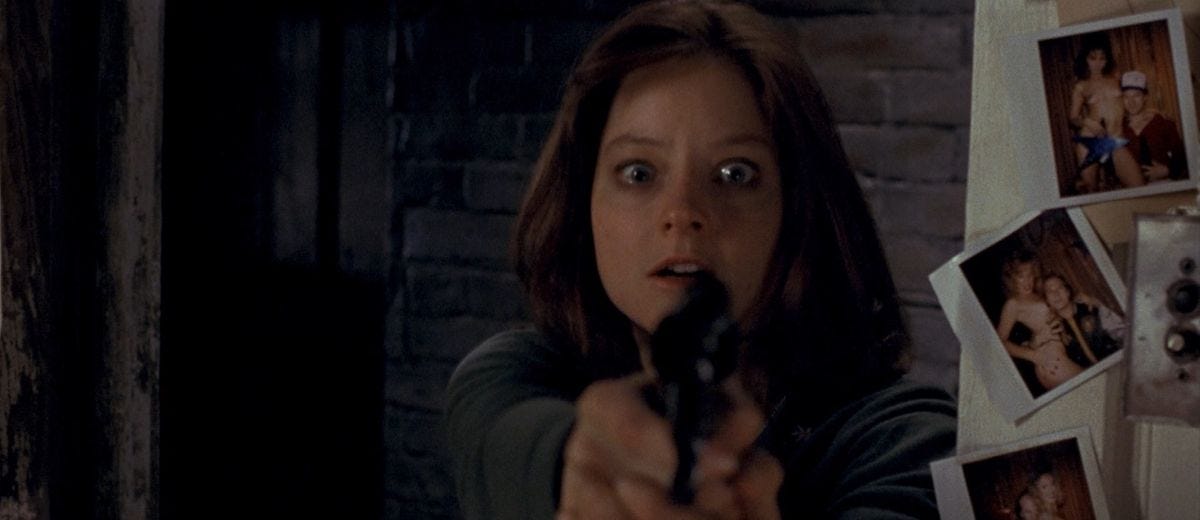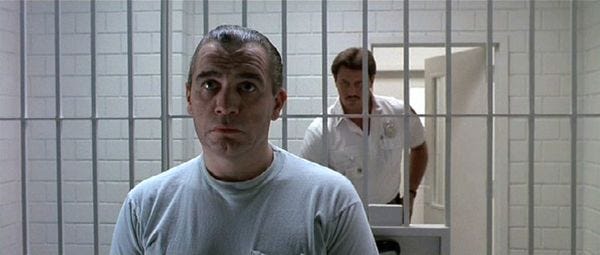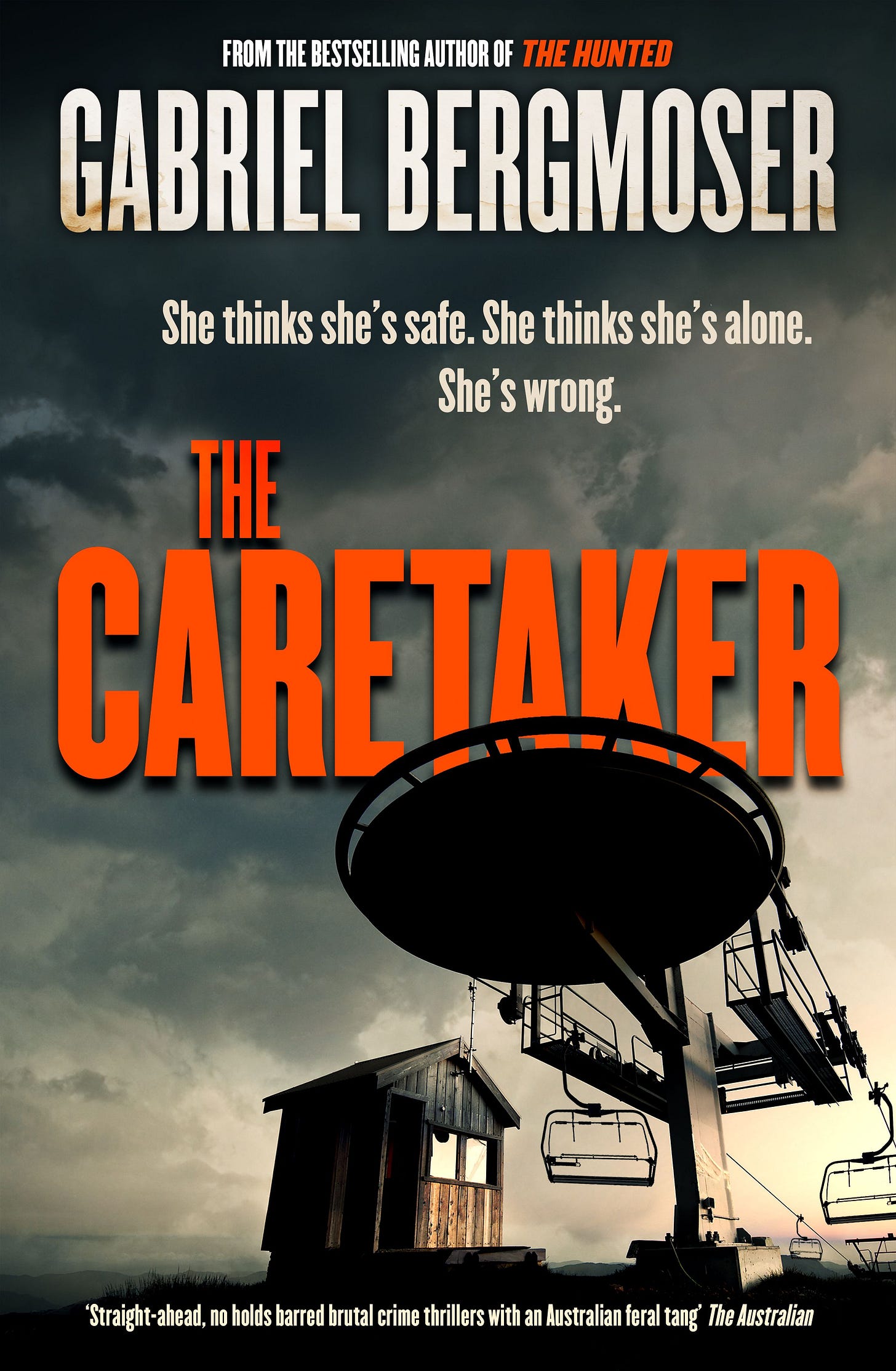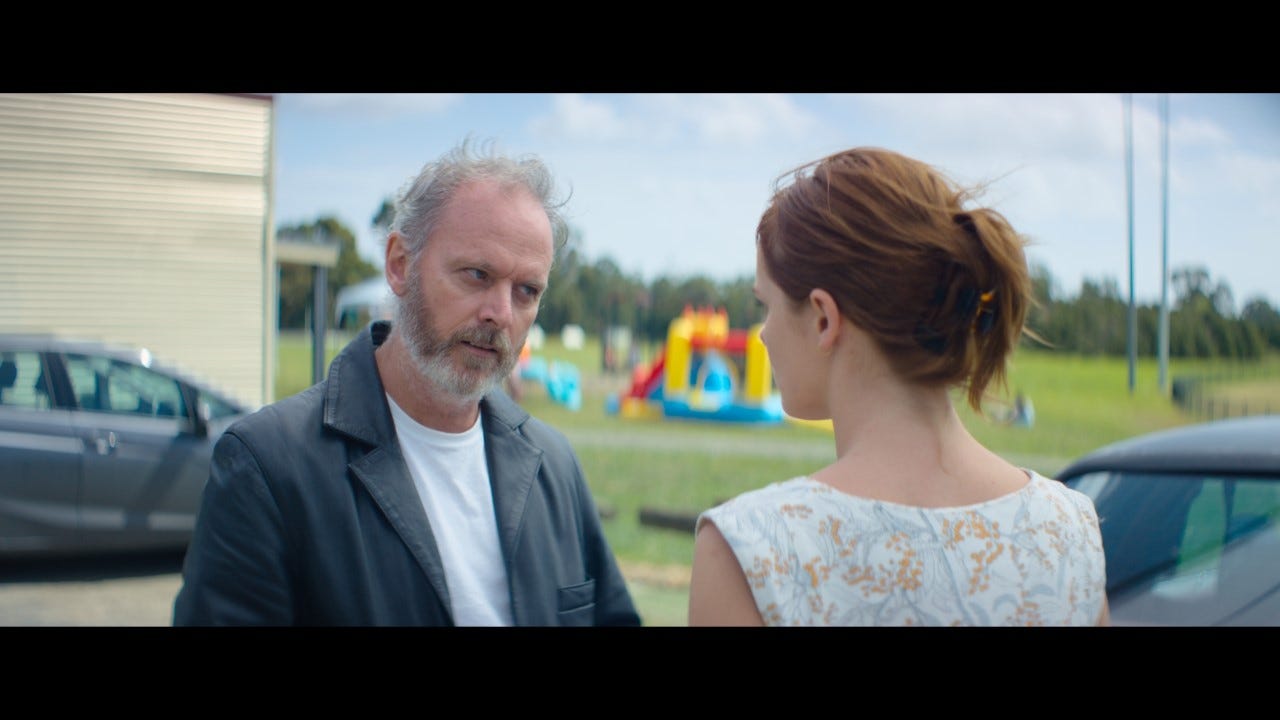Announcing my first non-fiction book – all about Hannibal Lecter
I’ve been teasing this on social media for a while, but I can finally announce that I recently signed a deal for my first non-fiction book:
The Lecter Variations: A History of Hannibal.
Which is basically exactly what it sounds like. The Lecter Variations is a chronological deep dive into the entire Hannibal Lecter franchise, starting with the 1981 original novel Red Dragon, working all the way through to the cancelled 2021 TV series Clarice.
It’s not so much a behind-the-scenes book, although there is a bit of that. Other books, books I relied on heavily for this one, have already covered that ground fairly extensively and better than I ever could. But that wasn’t really what I wanted to explore. Anyone who knows me knows how long I’ve carried a torch for all things Hannibal. I almost verbatim depicted my teenage discovery of the novels in The True Colour of a Little White Lie, and I wrote many, many articles about the TV show during and after its run. Reading Red Dragon for the first time at thirteen, without hyperbole, changed my life, completely upending my understanding of what a thriller could be. The Lecter franchise is one in which almost every iteration is fascinating in its own way, and so my guiding star for the book has been to write something that gives as much analytical focus to Hannibal Rising as to The Silence of the Lambs, that evaluates in good faith even the worst corners of the series.
I’ve had the vague idea of writing something like this for a long time, but I didn’t seriously think about it until I read Quentin Tarantino’s Cinema Speculation last year, which is effectively a celebration of the 70s films that inspired him. It got me thinking about whether I could try and approach my theoretical Lecter book from a similar angle; less scholarly analysis, more personal passion. I wanted it to be accessible to fans and non fans alike, and never any less than a lot of fun to read, especially if you already like the franchise.
It's nerdy and niche and has been an absolute blast to write. I seriously doubted something this specific could find a home, but Bear Manor Media, a US film and TV publisher, have taken it on with a view to publication sometime in the next year. I’ll have more to say about the book as release gets closer, but for now I’m enjoying the hell out of writing it, and have included a little excerpt at the end of this newsletter to give you a sense of what to expect.
Essentially if you are a Lecter fan, this is the book for you. If you aren’t, well, read it anyway. I might just change that.
Project Updates
I’m over halfway through writing the first draft of The Lodger and it’s been a lot of fun, but like any novel at this stage of development I’m very unsure of how it’s working. Half the book is my take on a Patricia Highsmith marriage-as-hell thriller, the other is an action-packed Maggie and Jack Carlin road trip adventure, with the two threads colliding to (hopefully) explosive effect at the end. I’m trying to make it user friendly to anyone who hasn’t read my other books, but it really is the second part of the story begun in The Hitchhiker, and the more I write the more I feel that the earlier book isn’t really complete without this one.
Meanwhile, advance copies of The Caretaker have gone out into the world (if you’re a critic you can request one via Netgalley), which means I’m anxiously waiting for the first reviews to start appearing. I’m pretty nervous about this one – even making final tweaks to the manuscript last month, I found myself fretting over certain narrative devices, plot points, and elements of characterisation. It’s a deceptively packed novel; part contained horror-thriller, part character study of a damaged, complicated woman trying to heal. As opposed to the Maggie novels, which are all episodes from somebody’s life, this is more the full story of a life, or at least its most defining moments. I’m worried I’ve bitten off more than I can chew, but I’m past the point of making drastic changes. I just have to hope, fervently, that the big swings have paid off the way I wanted them to.
I’ve also received the next round of notes on Andromache Between Worlds and am feeling really, really good about the shape that novel is taking. After so many dark thrillers, I think this optimistic, big-hearted adventure is going to be a super refreshing change of pace.
The Retirement Plan also continues to go through edits. We’re very close to mixing and mastering and all the things that make a cobbled together collection of footage really feel like a film. Very soon it’ll be time for people to see what we’ve come up with, which is as scary as it is exhilarating to think about.
Book Birthdays
April marked a couple of important anniversaries – seven years (!) since Boone Shepard, my first novel, hit shelves, and two since The True Colour of a Little White Lie. Both books remain very close to my heart. Boone was such a huge part of my early career, introducing characters I still love dearly, characters you might just see again when Andromache comes out.
True Colour, meanwhile, is maybe my most personal book, based heavily on my own adolescence, and something I’m still so proud I got to see released. If you haven’t read either of them, grab yourself a copy – they represent very different corners of my writing to the dark thriller stuff I’m most known for.
Recommendations
Look, I’ll be honest; my biggest recommendation this month is something I’ve recommended before and something the entire TV watching world has been obsessing over – Succession.
But before you roll your eyes and run, let me explain a little. Succession has always been a great show. But in the third episode of its fourth and final season, it became something else; one of the most arresting, powerful and real things that has ever been on TV.
I don’t want to say too much for those who haven’t yet seen the show (I say yet because come on, you’re really missing out if you haven’t started). If you do watch it, you know what I’m talking about. But in the interests of discretion, let me say this – Succession did something truly audacious in the most emotionally authentic, difficult to watch and impossible to look away from style imaginable. That episode, Connor’s Wedding, is so packed with counterintuitive choices at odds with all the ways we’re conditioned to believe TV should work, and yet watching it unfold there’s an inevitability to it, like there’s no other way this could or should have been done. I was thinking about it for days afterwards. I’m still thinking about it.
Basically, watch this show.
Sneak peek – The Lecter Variations
So to give a little taste of the book, below is an excerpt from the prologue. Fair warning – it’s nerdy. Enjoy!
++++++++++++++++++++++++++++++++++++++++++++++++++++++++++++++++++++++++++
In The Silence of the Lambs (book, not movie), Hannibal Lecter tells Clarice Starling ‘Nothing happened to me. I happened. You can’t reduce me to a set of influences.” It’s a handy dismissal of her pretext for visiting him in the first place; a questionnaire that Lecter writes off as a ‘blunt little tool’. It’s a great line and a great moment, lending the Doctor a kind of mythic evil, an unknowable quality that feels very of a piece with the character as established thus far. You have to remember, at this point in the series we know surprisingly little about him. We know he killed at least nine people. We know Will Graham caught him. We know he’s very brilliant and very dangerous. We know he eats people. That’s about it. It’s not until the third book that we even learn his nationality. Lecter is a mystery that he will not solve for us, because there is no solution. Nothing happened. He happened.
Except, well, something did happen.
Hannibal Rising, the fourth novel and prequel, is often seen as the black sheep of the Lecter series, a wholly unnecessary attempt to explain the character that falls short of living up to either Lecter’s legend or Harris’ usual standard. Given that it was allegedly written under duress (we’ll get to that), it’s tempting to ignore it entirely and let Lecter’s mystery remain. Except the backstory that quite explicitly reduces him to a set of influences was not introduced in Rising, but in the previous book, Hannibal. Nothing happened to make Lecter a cannibal, unless you count that time Nazi deserters ate his sister.
That contradiction can easily be written off as Lecter lying to Starling, even if it makes him seem a bit like a kid trying to look cool to impress his crush. But other contradictions are a little trickier, and there are plenty of them. Red Dragon establishes Lecter as being born in 1939. Hannibal Rising retcons this to 1933. In Red Dragon, Lecter is supposed to have tortured animals as a child. In Rising, he’s kind to animals. In The Silence of the Lambs he claims that ‘discourtesy is unspeakably ugly to him’, not long before he cruelly and rudely taunts the very courteous Senator Ruth Martin about her breastfeeding of her now-captive daughter. In the same book he’s established as murdering a patient for boring him, in Rising he only goes after deserving criminals.
Nobody would blame a writer of Harris’ staggering ability for not being a stickler for continuity, but the aspects of Lecter’s character that don’t quite add up work in his favour. There is a sense that Lecter is slippery and impossible to ever fully understand, that right when you think you know who he is, that stability will crumble beneath you. And this speaks to maybe the fundamental reason for his continued popularity; the starkness of his contradictions.
What makes Hannibal Lecter so compelling? It’s not the fact that he’s a charismatic genius who can figure out his opponents’ deepest insecurities in seconds. We’ve seen plenty of those before and since. Nor is it the fact that he is a cannibal, for the same reason. What makes Lecter so magnetic is the fact that he’s both. He encapsulates the heights of intelligent sophistication and the lowest depths of barbaric depravity. And because he seems to be on a level above not only the characters working against him, but above the audience as well, we start to wonder if he knows something we don’t, if maybe, impossibly, the cannibal serial killer has the right of it. And it’s that deep discomfort that makes him impossible to look away from.
We’ve seen Lecter take many guises. Hopkins had fun with the role, with the hissing, drawling and winking. Cox played him cold and imperious and impossible to be reasoned with, a kind of intellectual Terminator. Mikkelsen played him as a seductive, charming devil figure. Gaspard Ulliel, in Hannibal Rising, gave us a revenge fuelled vigilante. Each brings something totally different to the table. Each, in their way, is true to the character as written.

